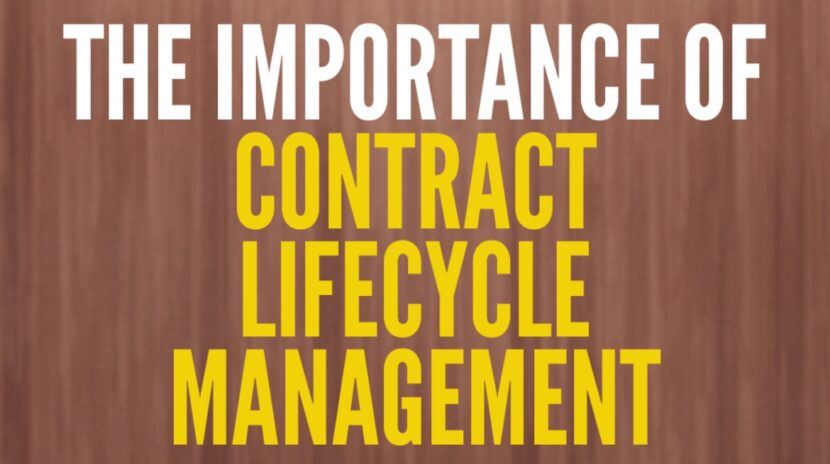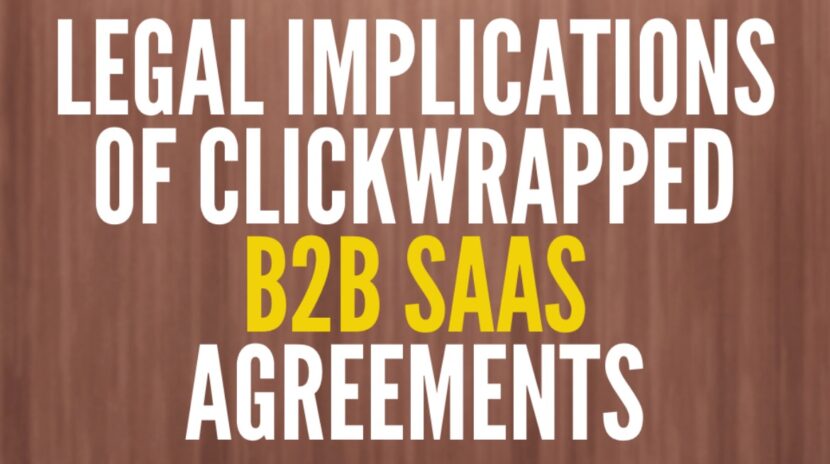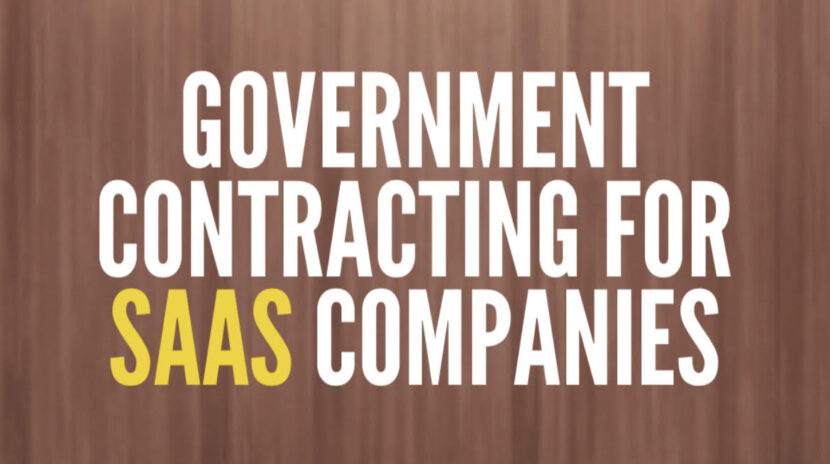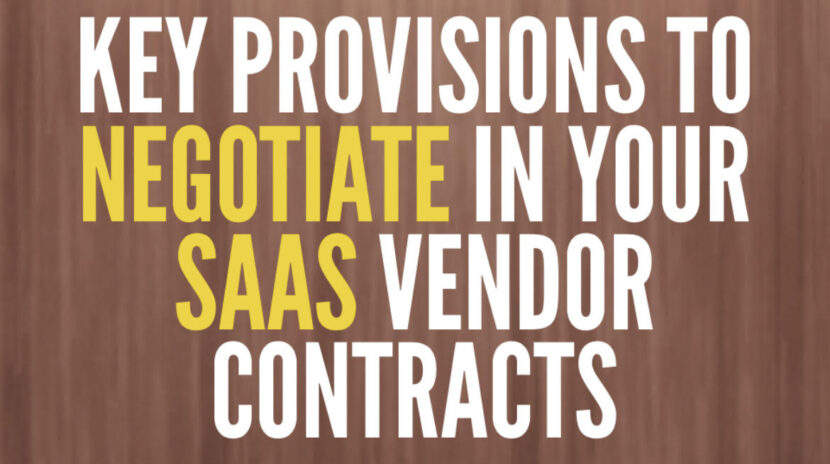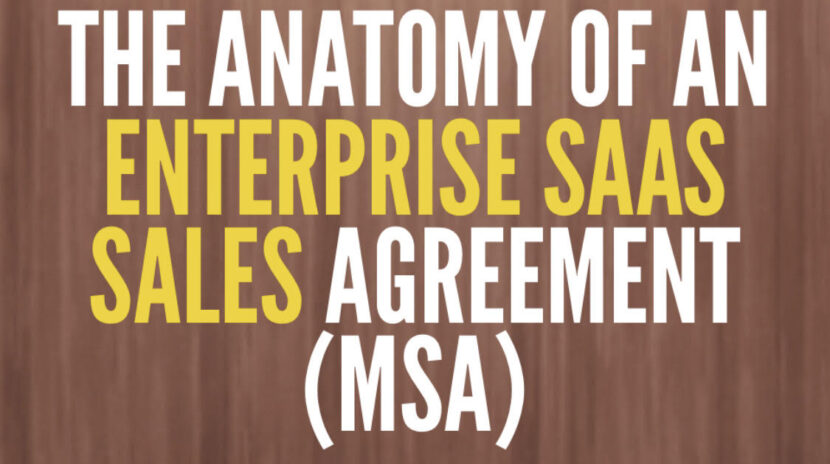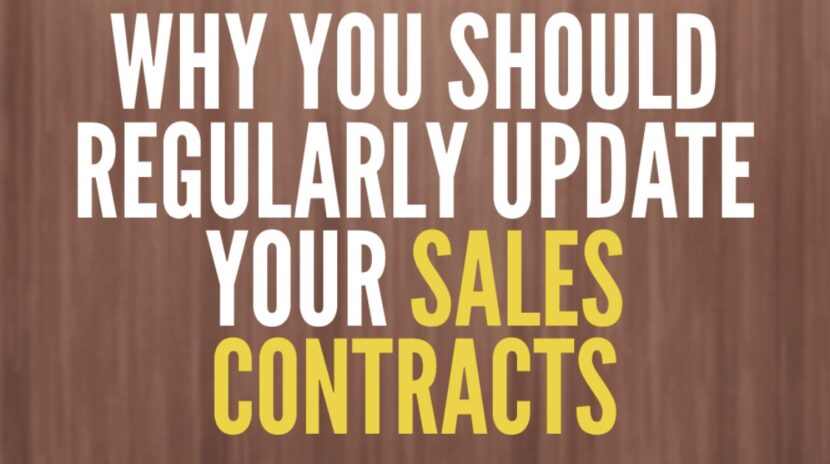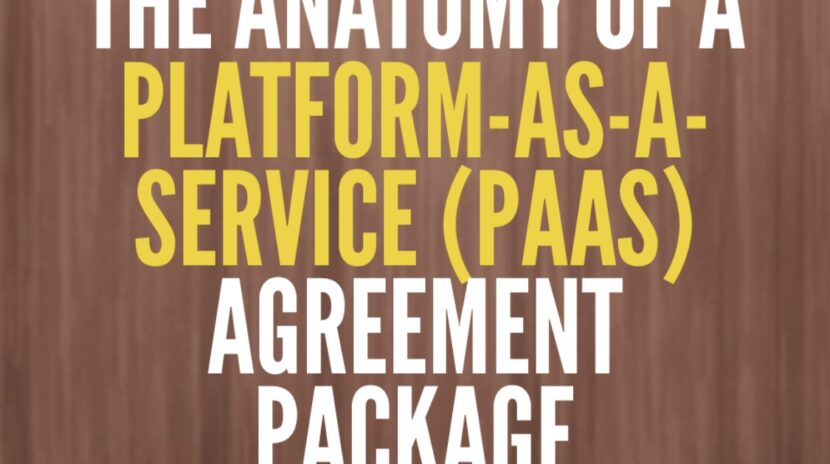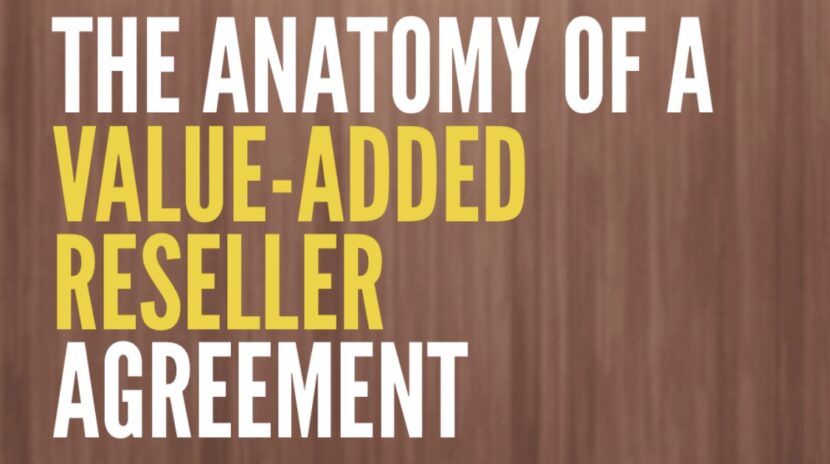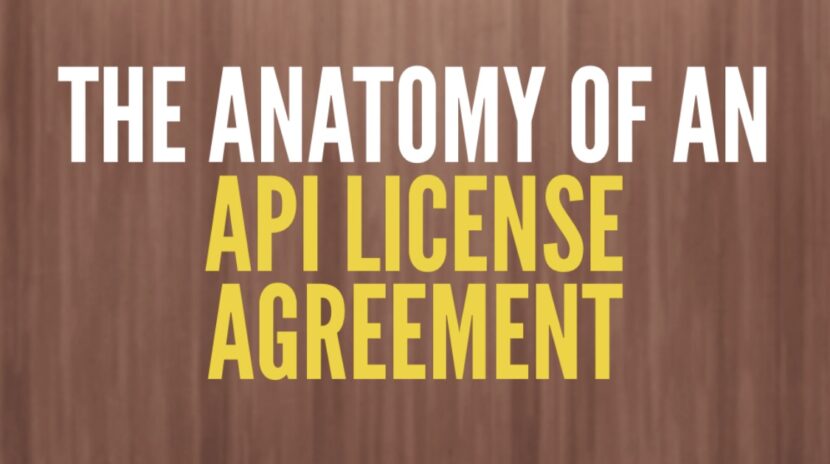A software-as-a-service business will enter into dozens, if not hundreds of contracts annually. These contracts include those with vendors, customers, partners, employees, contractors, and more. This makes contract lifecycle management (CLM) increasingly important. Efficient management of these contracts is crucial for business success, ensuring compliance, minimizing risks, and maximizing operational and financial performance. This post will give you a high level overview of the importance of contract lifecycle management.
